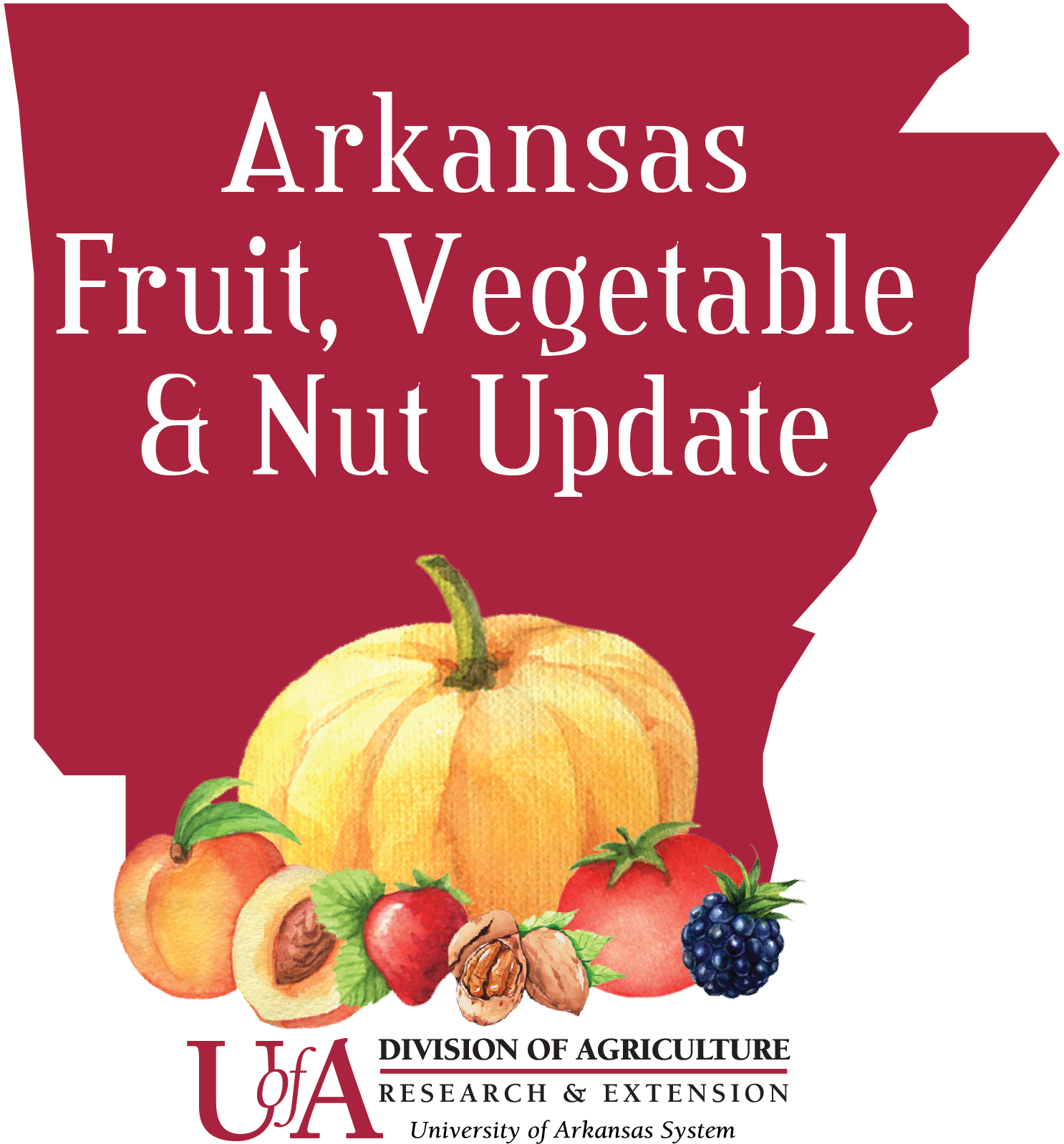Magister Registered for Use in Arkansas for Broad Mite Infestations in Blackberry
by Aaron Cato - June 5, 2020
Looking for additional control options for broad mite? Provided here is information
about a new effective product for broad mite control in blackberry and other caneberry
crops.
Broad mite is a relatively new pest in Arkansas Blackberry and it is beginning
to be an almost yearly issue for many growers. Unlike mite species such as the two-spotted
spider mite, broad mite is microscopic and generally goes unnoticed until damage on
new growth and reproductive structures is observed (Picture 1). Broad mite numbers
often build very rapidly and work by Dr. Donn Johnson has indicated that reaching
5 mites per leaf can lead to significant losses. The main risk of yield loss is to
late crops coming from primocane fruiting varieties.
Management of broad mite is often complicated by a few factors. First, there was
previously only one labeled miticide that was effective at controlling this pest in
field environments, Agri-Mek. This is not a very sustainable system and could lead
to selection of resistance due to a lack of alternatives for rotation. Second, only
two applications of Agri-Mek are allowed in one growing season. This can be problematic
considering that we’ve observed damaging populations from June-October, and because
populations have sometimes been observed to slowly bounce back after an initial application.
Last, the preharvest interval of Agri-Mek is seven days and broad mite infestations
often need to be managed during primocane harvest.
Recently Magister was registered for use in caneberry crops to control broad
mite (Picture 2). Dr. Donn Johnson previously researched the efficacy of this product
and found it to be comparable to Agri-Mek (Picture 3). This is good news as this allows
diversity in control options and gives growers the ability to rotate products and
lower the risk of resistance in this system. Only one application of Magister is allowed
per season at 32-36 oz/A. This product also has a 7-day preharvest interval, so miticides
that can be used easily during harvest are still not available.
Additional effective control options are always going to benefit the grower,
and I think this is a great example of that ringing true. Growers that deal with serious
infestations often have reservations about spraying too early with only two applications
of Agri-Mek available for the entire growing season. Even one additional product with one
use will help to ease this headache. If you have any other questions about this product
or broad mite please give me a call at 479-249-7352, and be sure to read the label
before buying this product and before applying it for broad mite control.
Picture 1 – Broad mite damaged (left) and normal (right) blackberry flowers and leaves.
Photo credit Vincent et al. 2010.
Picture 2. – Label for Magister use in Caneberry for Broad Mite Control. See this
link for access: Magister
